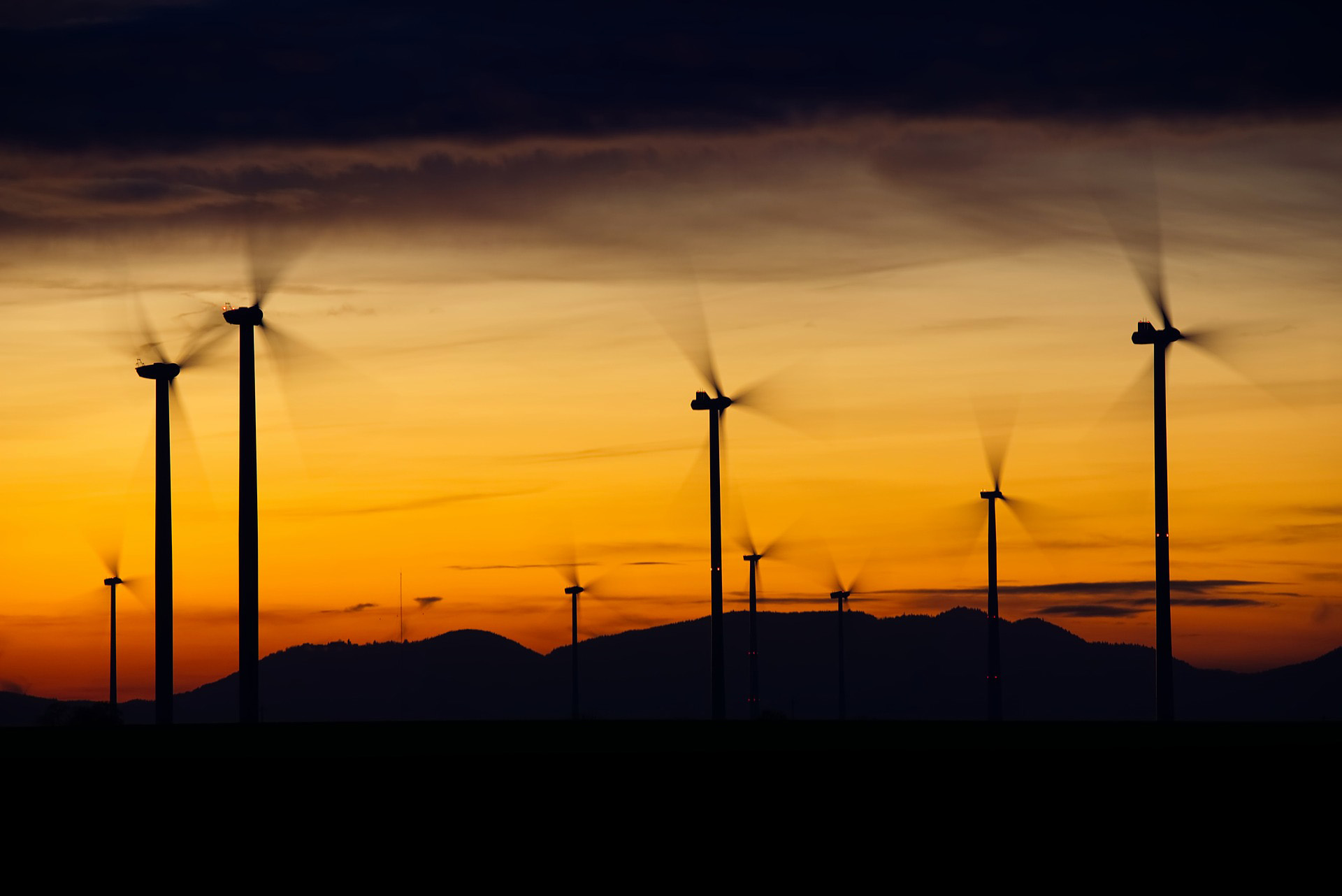Reversal of subsidies for wind power in Bosnia and Herzegovina prompts legal action
The Republika Srpska entity of Bosnia and Herzegovina has breached competition legislation by halting its incentive scheme for wind farms in March this year, according to a complaint submitted today to the Energy Community Secretariat in Vienna by the Banja-Luka-based Center for Environment.
4 September 2019

Bosnia and Herzegovina is a signatory to the Energy Community Treaty (1), which prohibits “public aid which distorts or threatens to distort competition by favouring certain undertakings or certain energy resources”. (2)
While the Republika Srpska entity does not have a single wind farm in operation, in March this year, new legislation prevented feed-in tariffs or premiums for wind farms.(3)
Freedom of information requests by the Center for Environment to the Ministry of Industry, Energy and Mining and the Energy Regulatory Commission failed to uncover any evidence backing claims by the Minister for the legislative maneuvering.
The official justification for the end of the incentives was the need to reduce costs of renewable energy support for consumers. (4) In July the Republika Srpska Minister for Industry, Energy and Mining, Peter Đokić, also claimed that wind farms are now viable without incentives. (5)
Jelena Ivanić of the Center for Environment said, “Republika Srpska’s move to cut incentives for wind farms has left small hydropower as the only renewable technology receiving significant support, in spite of its vulnerability to climate change, its small contribution to overall electricity generation (6) and the enormous damage it is causing Bosnia and Herzegovina’s communities, economy (7) and unique biodiversity. Only small amounts of solar power are being supported and now wind has been excluded, so what exactly is our energy transition going to be based on?”
Pippa Gallop of CEE Bankwatch Network said, “Bosnia and Herzegovina will need to replace its ageing coal plants in the coming years, so this measure is incomprehensible. If Republika Srpska wanted to reduce the cost of renewables support for consumers there were numerous other ways to do it than cutting all incentives for wind farms, such as switching to an auctions and premiums system, reducing the wind quota, or reducing the feed-in tariff across all technologies.”
Contacts
Jelena Ivanić, Center for Environment
Tel. +387 65 779 467
Pippa Gallop, CEE Bankwatch Network
Skype: pippa.gallop
Tel: +385 99 755 9787
Notes for editors
- For more information, see www.energy-community.org
- Article 18 of the Treaty: “1. The following shall be incompatible with the proper functioning of the Treaty, insofar as they may affect trade of Network Energy between the Contracting Parties: (….) (c) any public aid which distorts or threatens to distort competition by favouring certain undertakings or certain energy resources.”
- Law on Amendments to the Republika Srpska Law on Renewable Energy Sources and Efficient Cogeneration (No. 02/1-021-250/19)
- “The Government of Republic of Srpska approved the Law on Amendments to the Law on Renewable Sources of Energy and Efficient Cogeneration upon an urgent procedure. The reasons for amending this Law are related to the need to limit the fee for stimulating electricity from renewable sources and in the efficient cogeneration which final consumers of electricity are paying. The reasons for adoption of the Law on Amendments to the Law on Renewable Energy Sources and Efficient Cogeneration by Urgent Procedure are related to the need that certain energy producers from renewable sources (wind farms) are excluded from the system of incentives which will limit the growth of electricity bills on this account which would be significant in the following period. For example by exercising the right to incentive for a wind power plant with a 50 MW installed capacity at least 16 million BAM a year needs to be provided. Urgent parliamentary procedure was necessary because some wind farms that are under construction might claim and reserve this right in accordance with the valid law.” Source: http://www.vladars.net/eng/vlada/ic/ns/Pages/The-10th-Government-session-held–.aspx
- Vladimir Spasić: Republika Srpska to adopt new renewables incentive schemes by end-2019, Balkan Green Energy News, 4 July 2019.
- In 2018, small hydropower plants contributed only 2.6 per cent of electricity generated in BIH according to the State Energy Regulatory Commission (DERK) 2018 Annual Report, December 2018.
- Center for Environment: Small hydropower plants cause Bosnia-Herzegovina more than EUR 2 million in losses annually, 30.11.2019
Never miss an update
We expose the risks of international public finance and bring critical updates from the ground – straight to your inbox.
Location: Bosnia and Herzegovina |
Tags: Balkans | hydropower | subsidies | wind
